Children and parents have struggled to adjust to homeschooling. Now, some have to cope with returning to schools which will seem very different to those they left at the beginning of lockdown. One group of children, though, are facing challenges beyond those experienced by the majority.
Children with special educational needs (SEN) make up around 15% of all pupils in mainstream education. Developmental dyslexia is the most common condition in this group, estimated to affect between 10%-16% of the UK population. Autism is much rarer, affecting about 1.1%.
Our research suggests that children with these conditions might find it especially difficult to adapt to changes in their education. We need to recognise the extra challenges homeschooling and online learning have posed for many children – and take this into account as schools reopen.
Extra challenges
Many people think of dyslexia as a language disorder, but it also affects the memory and people’s ability to verbalise ideas and to pay attention. Even in the best of learning environments, struggles in school are likely to lead to low self-esteem for dyslexic children.

Bildagentur Zoonar GmbH
These difficulties are also experienced by autistic children, who may perceive the sensory world differently. Sounds can be magnified, for example, making it hard for a child working at the kitchen table to drag their attention away from the ticking of a clock or the dripping of a tap. Their experience of “not fitting in” also affects their self-esteem.
Another aspect of autism is concrete, black and white thinking. Some autistic children struggle with homework because they think school is for work and home is for play. Routine and predictability is crucial for these children. The move to home education has been another change for them in a sea of turmoil caused by the pandemic.
In school, autistic and dyslexic children would often have specialist support in place to help them with these problems. Without this kind of support, problems with attention and self-esteem may make learning at home very difficult.
It’s also important to recognise that dyslexia and autism are often inherited. Educational and emotional support at home may be limited, further disadvantaging the child and reinforcing the parent’s own potential sense of inadequacy. Children with SEN are also more likely to come from poorer families, an additional layer of inequality.
Positive impacts
Recent research has found that while many children with SEN (and their parents) are indeed more anxious and sad than usual, some families actually report minimal or even positive impacts of distance learning under lockdown. For some children, lockdown is a respite. For dyslexic children, it means they are not the child who is taken out of typical lessons to catch up on other work.

MIA Studio
For autistic children, it may be an escape from the bullying which is tragically endemic in this group. Many autistic children, including those with a type of autism called pathological demand avoidance, are simply too anxious to attend school regularly.
Remote online education may offer children a greater opportunity for personalised learning at their own pace. For these reasons, many parents of SEN children choose to homeschool their children even under normal circumstances. They argue that home-schooling allows teaching to be built upon the child’s interests, while removing them from rigid standardised testing which is focused on the majority of learners and may set children with conditions like autism or dyslexia up to fail.
Back to school
As schools begin to reopen, advice is already emerging around how best to protect and support children. It’s important to make children feel safe and in control as we emerge from the coronavirus pandemic.
Experts suggest that emotional and social development should take precedence over school work. Some children may need special help with this. Autistic children, for instance, may need to be explicitly taught how to play appropriately, and may need adult assistance to make friends.

iofoto/Shutterstock
Before the coronavirus pandemic, teachers were advised to set up small circles of friends for vulnerable children. As such, the current advice, which recommends that children should stay in small groups, may be well suited to those with special educational needs. However, teachers will also need to actively adopt other strategies to foster social bonds between the child and their peers.
As always, it will be important for parents and teachers to collaborate closely to ensure as much consistency as possible. There are things that teachers and parents can do to help children deal with difficult emotions. Children might also be dealing with bereavement and new financial insecurity at home. The involvement of other child specialists, like psychologists and social workers, might therefore be beneficial.
To help build a sense of control, we need to do more to help children with special educational needs succeed in school, respecting their own pace and learning styles. As this situation evolves, we must be mindful of its impact on the already entrenched inequality that hampers these learners. However, the situation also forces us to come face-to-face with the cracks in our previous systems and come up with new ways of doing things which might, in the long term, reap surprising benefits.![]()
Julie Kirkby, Senior Lecturer in Psychology, Bournemouth University and Rachel Moseley, Senior Lecturer in Psychology, Bournemouth University
This article is republished from The Conversation under a Creative Commons license. Read the original article.
 Monday 8th June 10:00 – 12:00
Monday 8th June 10:00 – 12:00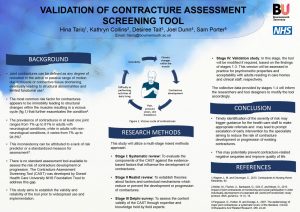
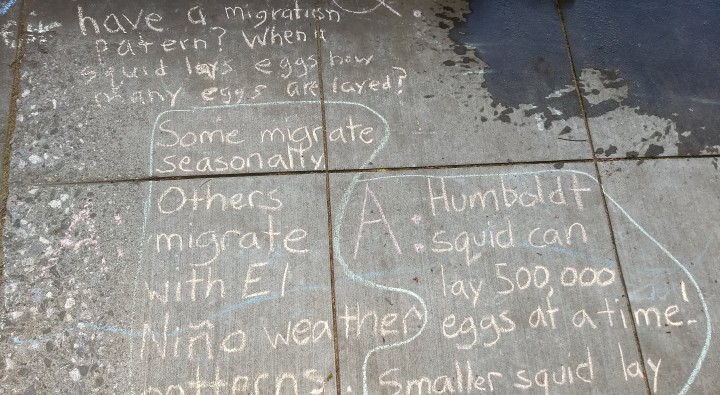

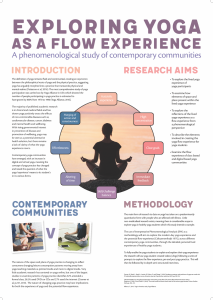
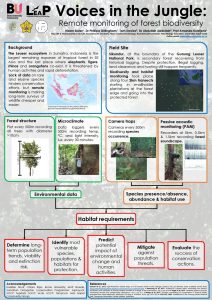



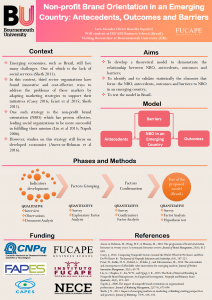
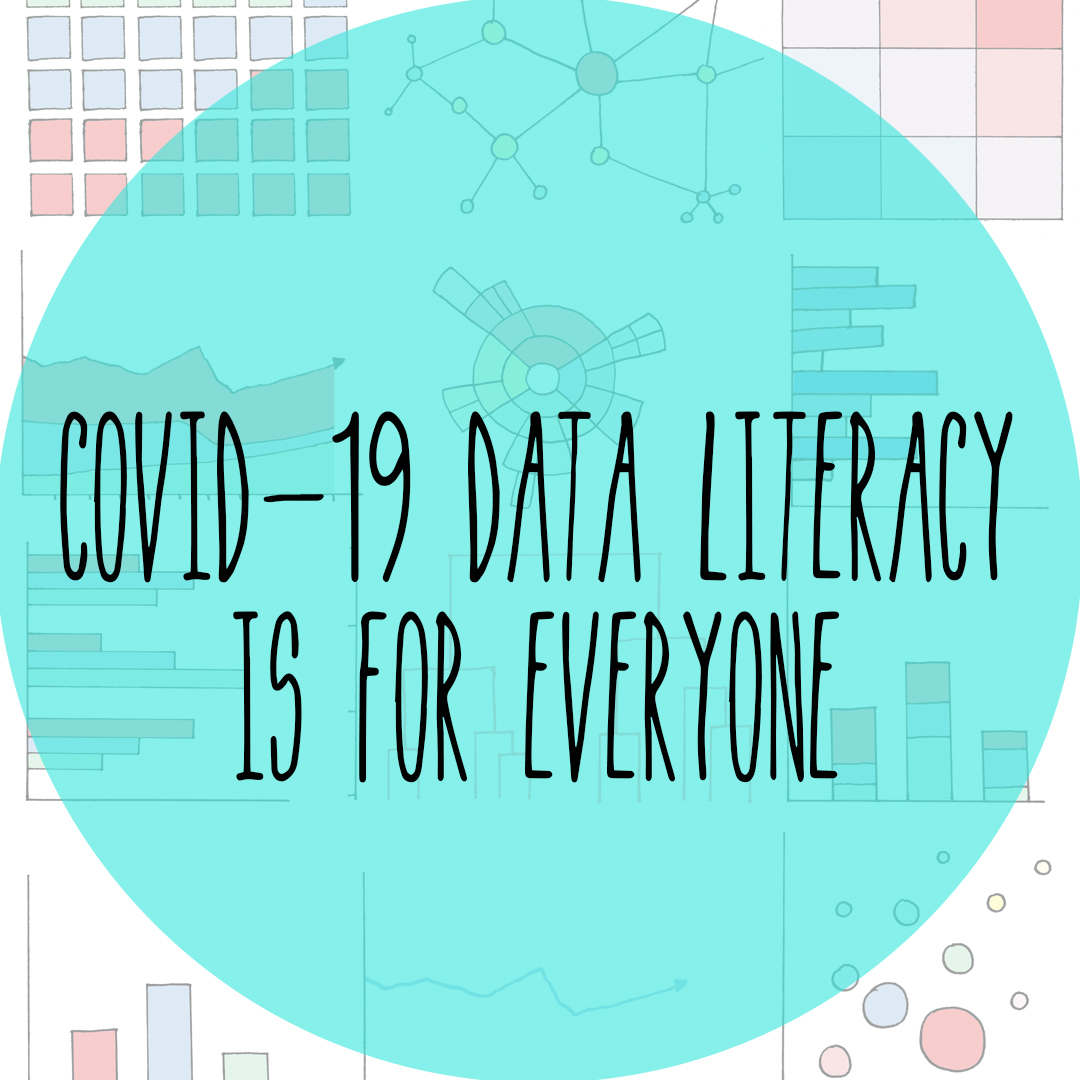
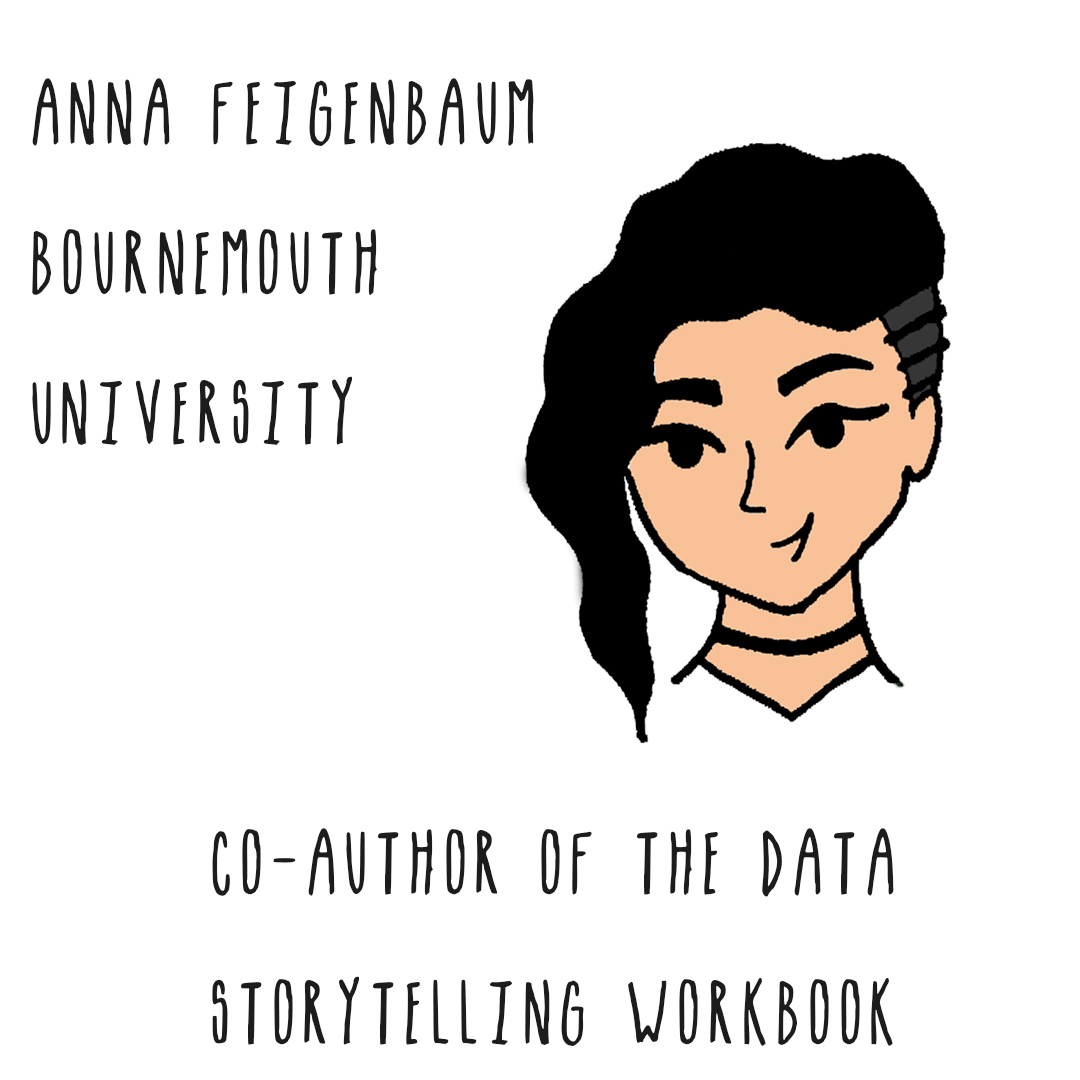
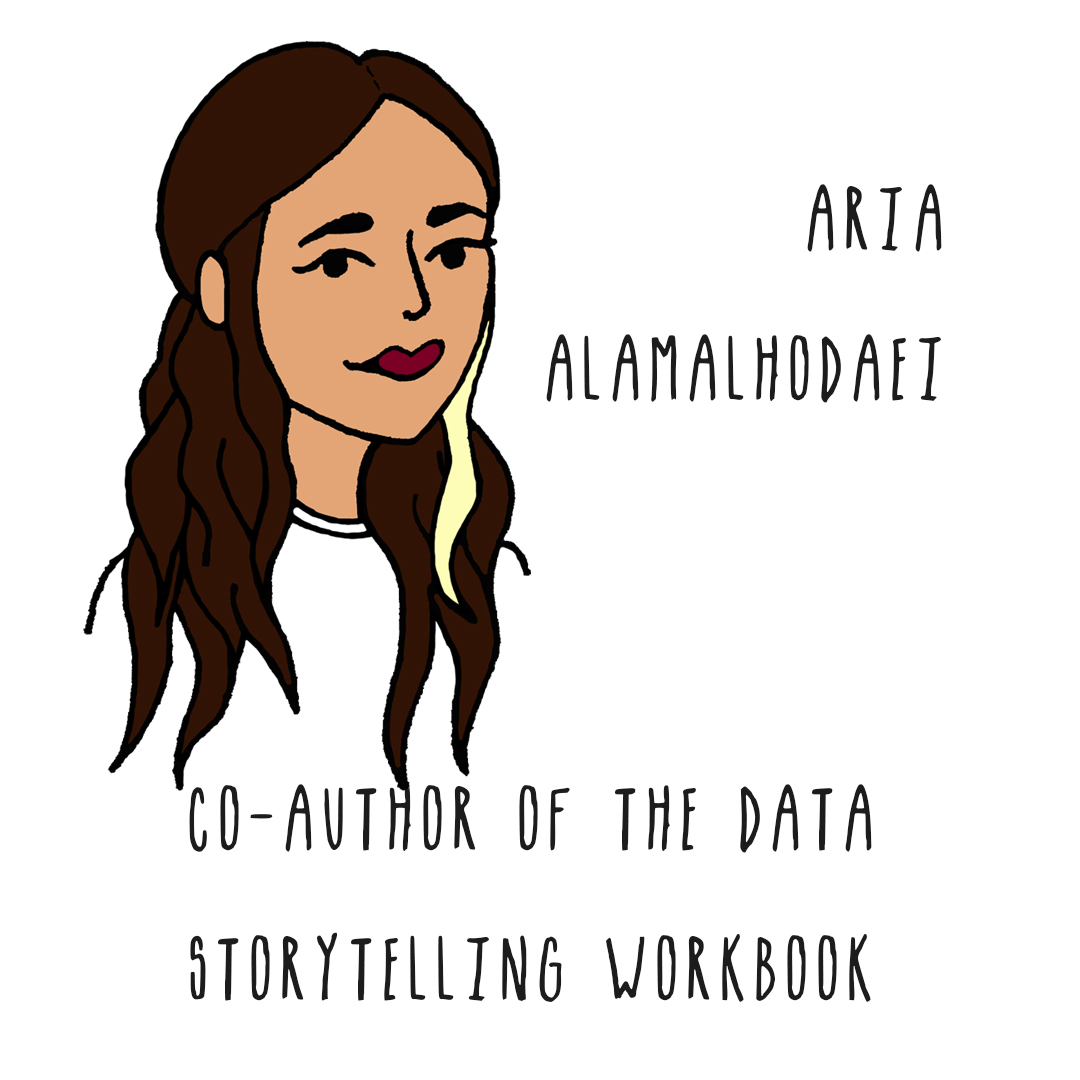

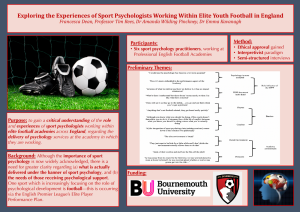
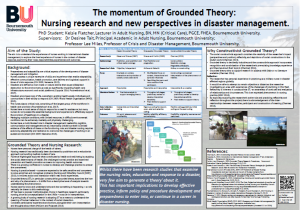
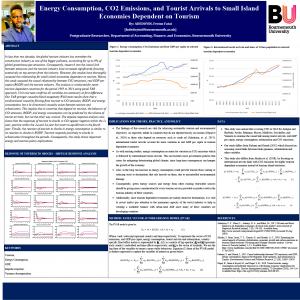











 FHSS academics teaching in Nepal
FHSS academics teaching in Nepal New weight change BU paper
New weight change BU paper One week to go! | The 16th Annual Postgraduate Research Conference
One week to go! | The 16th Annual Postgraduate Research Conference Geography and Environmental Studies academics – would you like to get more involved in preparing our next REF submission?
Geography and Environmental Studies academics – would you like to get more involved in preparing our next REF submission? Congratulations to three former BU staff
Congratulations to three former BU staff MSCA Staff Exchanges 2024 Call – internal deadline
MSCA Staff Exchanges 2024 Call – internal deadline Applications are now open for 2025 ESRC Postdoctoral Fellowships!
Applications are now open for 2025 ESRC Postdoctoral Fellowships! Horizon Europe – ERC CoG and MSCA SE webinars
Horizon Europe – ERC CoG and MSCA SE webinars MaGMap: Mass Grave Mapping
MaGMap: Mass Grave Mapping ERC grants – series of webinars
ERC grants – series of webinars